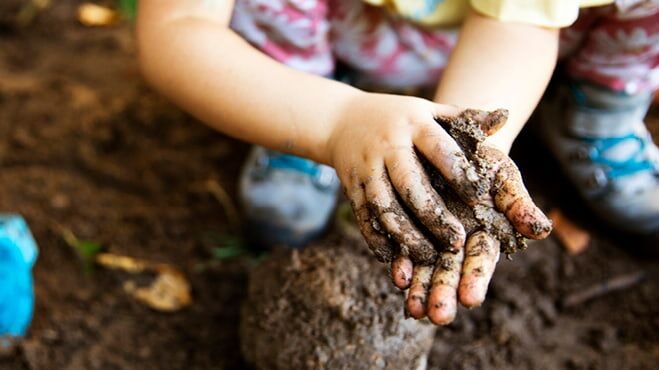Significant reduction in lead contamination at Thailand’s Klity Creek

The Department of Pollution Control reported a significant reduction in lead contamination within Thailand’s Klity Creek in Kanchanaburi Province. The contamination levels have plummeted from over 100,000 micrograms per kilogramme to 3,000mg/kg, a marked improvement since the pre-rehabilitation era.
Chayawee Wangcharoenrung, the director of the Department’s Domestic Wastewater Management Division, stated that Klity Creek is subjected to rigorous scrutiny every four months. Following the Supreme Administration Court’s order in 2013, two phases of lead-contaminated sediment clearance have been initiated, funded by a hefty budget exceeding 600 million baht.
Chayawee revealed that over 100,000 tonnes of tainted sediment have been successfully removed. The forthcoming step is to gauge the level of environmental lead contamination and the concentration in the local population’s blood. This analysis will determine the need for additional plans.
However, despite the ongoing rehabilitation work, Chayawee admitted that the department suffers from a funding crunch, inhibiting frequent site visits due to fiscal budget disbursement delays. Yet, a Thai Environmental Engineers Association-conducted project evaluation has yielded satisfying preliminary results.
In contrast, not everyone is content with the development, urging the department to intensify its efforts. Surapong Kongchanthuek, the director of the Centre for Study and Development of Karen, voiced dissatisfaction with the cleanup results, stating that the official process ended in 2022 without fulfilling expectations.
He further criticised the sediment’s improper clearance, which was relocated to a secure landfill above the creek rather than being entirely removed, sparking apprehensions about potential future leaks among residents. Additionally, he highlighted that the lead contamination levels in local water sources and wildlife remain above the recommended safety standards.
Addressing these concerns, Chayawee asserted that the department’s mission is clear: to cleanse the creek and ensure a safe environment for the local populace. However, he clarified that it doesn’t imply the complete removal of lead from the environment.
As long as the lead remains buried under the soil, not posing a direct exposure risk to the general environment, the residents’ daily activities can safely continue, reported Bangkok Post.
Latest Thailand News
Follow The Thaiger on Google News:


























